A Sustainable Viticulture
HVE and sustainable development
Vous êtes ici : Accueil » Vineyards and the Loire » New vine-growing

Promoting sustainable development
For many years, Ackerman has been committed to sustainable development and viticulture, and encourages its upstream and downstream partners to take up this crucial challenge alongside it. A number of initiatives and actions have been put in place in recent years in close partnership with winegrowers, as well as all the work carried out with the Institut Français de la Vigne et du Vin to combat diseases as effectively as possible. All these initiatives have been recognised by the award of the High Environmental Value (HVE) label.
High Environmental Value Certification(HVE)
This third and final level of certification attests to the compliance of the entire estate with environmental performance thresholds in relation to biodiversity, phytosanitary practices, fertilization management and water resources, measured with either composite or global indicators. C’est une obligation de résultats. Achieving results is an obligation. Use of the term – High Environmental Value Certification – is strictly limited to estates with level 3 certification.
For futher information : http://agriculture.gouv.fr/certification-environnementale-mode-demploi-pour-les-exploitations
The heart of our vineyards hosts spectacular biodiversity.It is easy to spot thanks to the many trees, hedges and walls abounding in the parcels. For example, in the Puy Notre Dame area, the vineyard is located close to an old windmill, called Moulin Brault. The parcels are close to one another and begin on the hilltop of the hamlet of Argentay, culminating at an altitude of around 90 meters. They face southwest and are situated along a geological formation, known locally for its excellent terroir, called “the flow of Cerisaie”. The clay limestone ground made up of green and white chalk is well suited to the elaboration of top quality sparkling wines. As a result, throughout the summertime, the limestone soil supplies the vine with plenty of water deep down underground. This unique source of humidity produces grapes that are at once well ripened and fairly acid. The style of wine illustrates perfectly well the notion of minerality! At Domaine des Dames de la Vallée the fruit is cultivated with the local environment and the special features of each parcel in mind. For example, we plant other crops between the vineyard rows, such as barley, mustard and radish, in view of restoring life to the soils.
High Environmental Value Certification puts the spotlight on our environmental friendly policies and our terroirs. It is because we want to reveal the best our appellations have to offer that we have been committed for a long time to respecting and protecting the environment. This strategy is confirmed by our High Environmental Value Certification.
By choosing not to use sulfites, our growers have to be even more vigilant and innovative to harvest very healthy and well ripened grapes! Without sulfites and vegan, the Nouvel Esprit range bears witness to this strategy.
We implement bio-protection solutions to conserve the harvest and protective measures, limiting the contact with oxygen and the development of micro-organisms. This approach allows us to protect the quality of the fruit through to the cellar and to obtain in turn, a pure base wine. The real challenge of this wine is that of avoiding oxidation and ensuring microbiologic stability after bottling. The keys to success are an irreproachable vineyard, a perfectly hygienic harvest and cellar, as well as an optimized oxygen-free bottling procedure. The end result is a wine expressing precise and frank fruitiness, thereby fully highlighting the terroir.
Bio-control solutions :
- Covering the vines with clay to stay free from insects or using radishes as green fertilizer to favor biodiversity.
- Plant cover, with mustard and radish seedlings, cut and ground in the springtime: this measure provides humus and structures the soil so the roots can grow deep down. Buck wheat and clover are sown as their roots fix atmospheric nitrogen that is reintroduced into the soil, thereby producing healthy and well balanced wines.
- Organic growing with trichogramma flies to fight against vineyard parasites (butterflies, vine berry moth).
- Natural grassing between the vineyard rows (organic matter + water regulation: absorbs excess water or on the contrary protects against drought).
Assisting patners growers
By most especially developing eco-responsible vine-growing initiatives. For example, integrating the eco-system in the management of the vineyard by placing hedges along our parcels, cutting the grass at the last minute, counting butterflies… All of these measures are provided by our mobile services.
Better managing water and energy consumption
1.5 to 2 liters of water are required to produce a liter of water! Water is most especially used to rinse bottles. Heaps of efforts are therefore required in the management of this precious resource. As a result, interns from The Environmentally Sustainable Agriculture Initiatives Program are studying the different solutions to this issue. An evaluation of greenhouse gas emissions was carried out in 2009 at the Chacé production site. This initiative allowed us to set up the following action plan over the following months: a study to reduce the consumption in energy – an eco-conception survey dedicated to a product – the publication of a brochure on this theme for our clients – research on ways to reduce packaging.
Ensuring top quality standards
As of 1998, Ackerman has been one of the few Loire Valley wine houses initiating a system of quality management based upon ISO norms. In addition, its production is conform to private certificates delivered by major retailers involving 300 principles guaranteeing food safety: International Food Standard (IFS): certification since 2005 and the British Retail Consortium (BRC): certification since 1999.
Guarantees of traceability
Our products are monitored using a software application known as ERP (Enterprise Resource Planning), backed up by a paper-based tracking system. Warehouse management software places a code on each pallet permitting to follow the distribution chain. Moreover, a batch number is associated with all of the inputs of the products for sale.
With regard to winemaking
The research and development carried out by Maison Ackerman focusses on the same objectives such as “continually improving upon the standard of quality by decreasing the inputs,” for example, cutting back on the use of sulfites.
Today, Maison Ackerman takes action, tests and validates, as it is aware that production, innovation and research have to include environmental issues.
